
Filling The Void
When do we feel most complete?
How does clothing affect our feeling of completeness? Can clothing as self-expression be considered self-care?
How might sexual orientation influence the way people dress? And what role does community play in helping us feel complete?
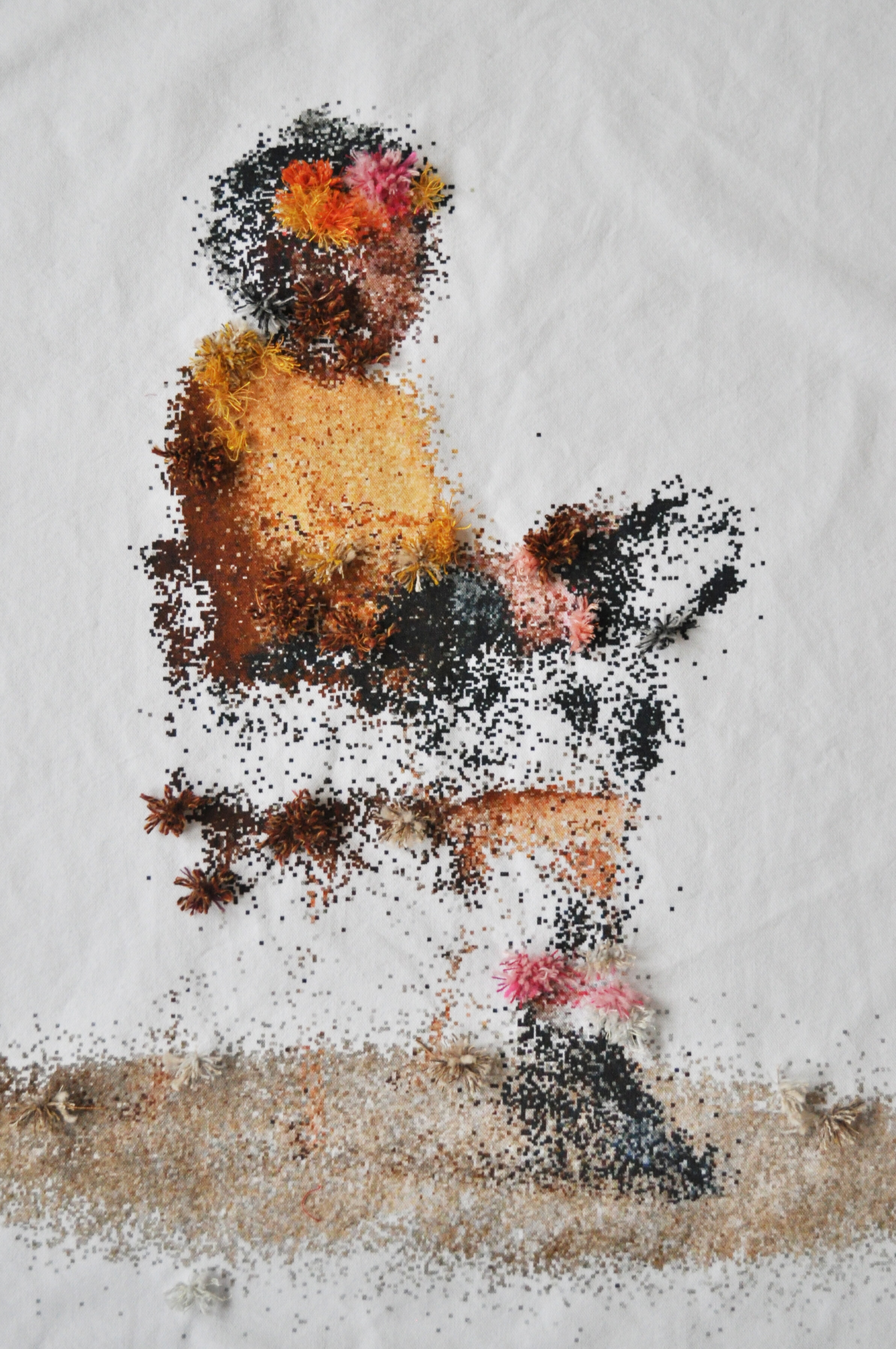
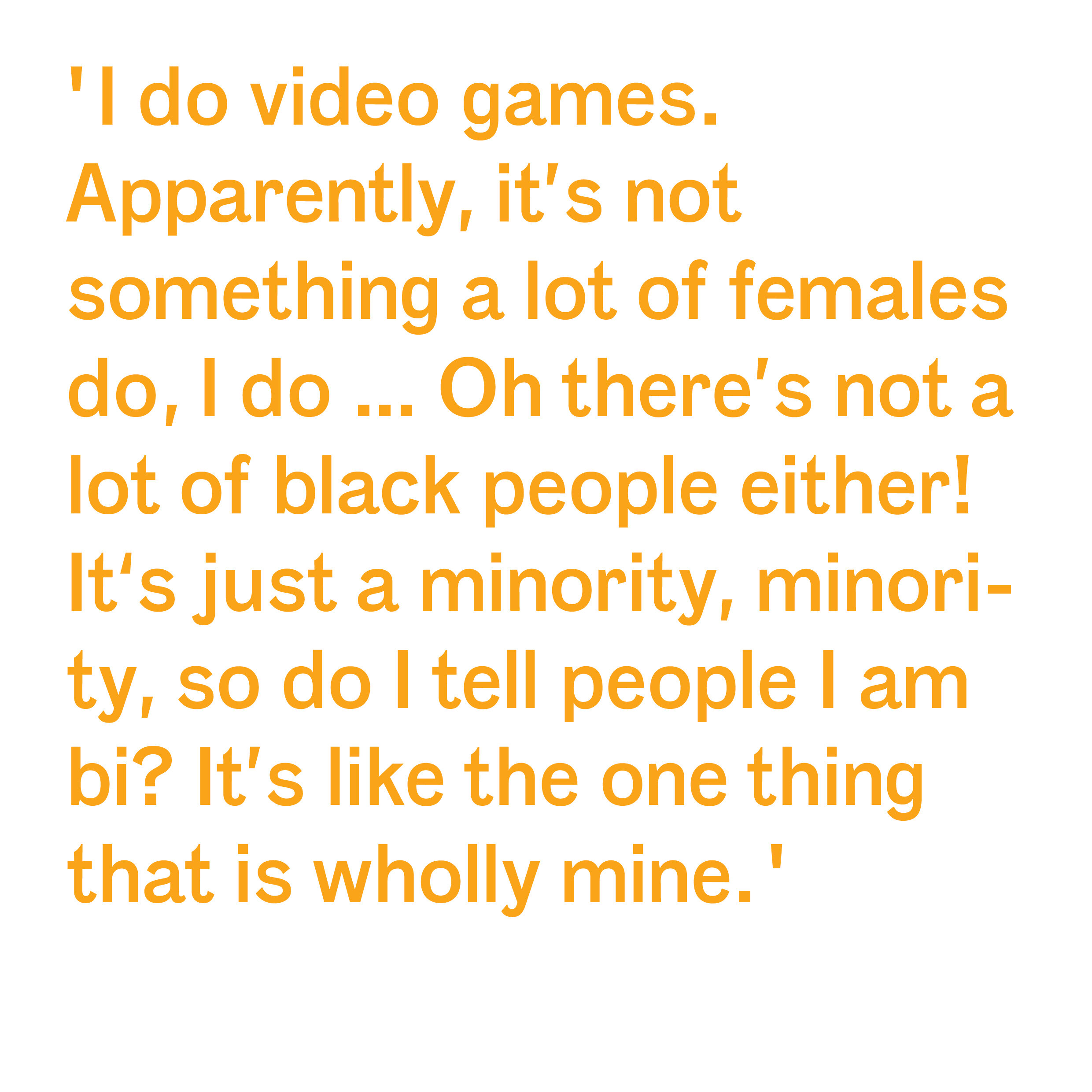

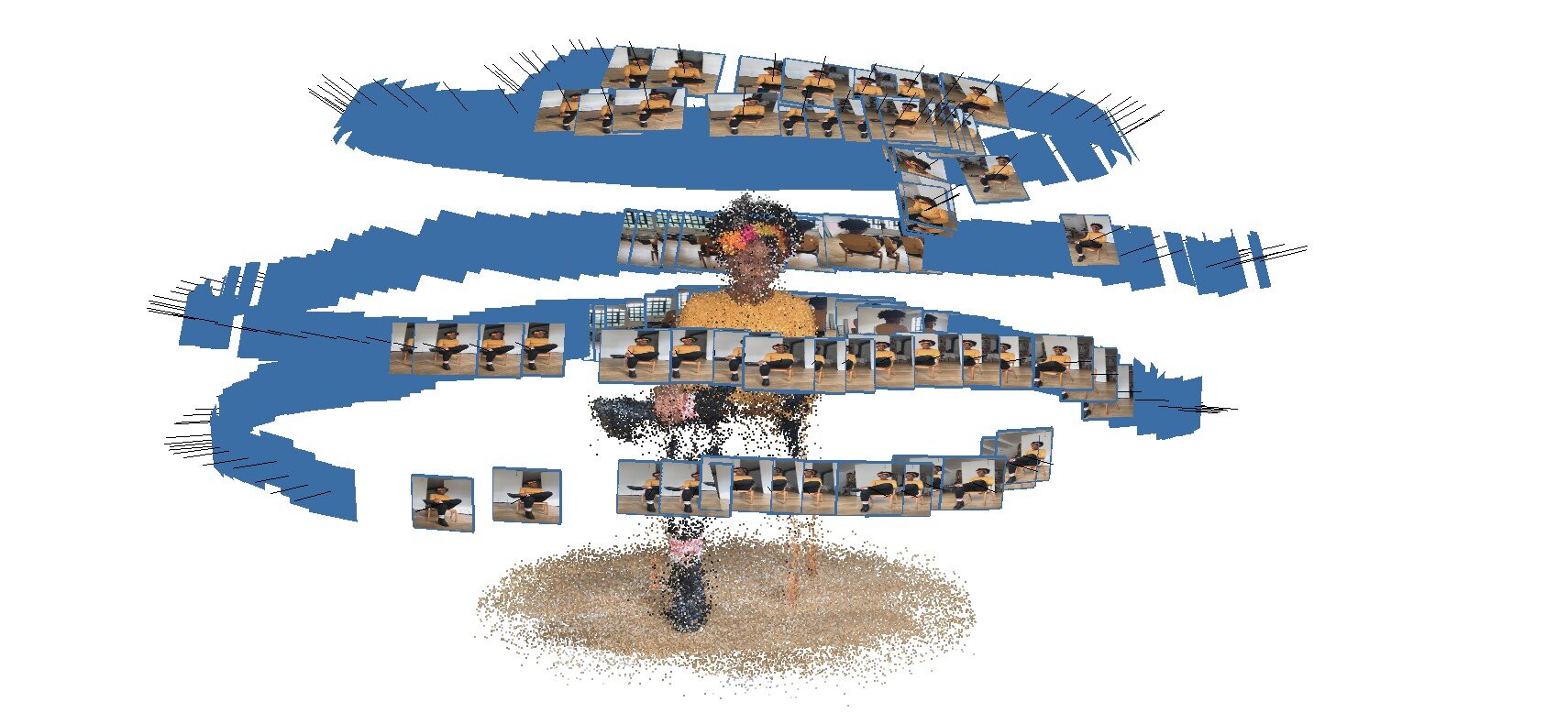
This project focuses on individual ‘completeness’ within bisexuals in London, and how clothing, self-care and community may be able to contribute towards feeling ‘complete’. Six individuals were interviewed upon their personal experiences around bisexual identity, clothing and the concept of feeling ‘complete’ – established as a combination of feeling comfortable and confident.
The thesis explores care as a resilience strategy towards sustainability, arguing that personal wellbeing is nested within wider health contexts of human and non-human ecologies, interdependent to the health of planetary ecosystems as a whole. Individual health is consequently regarded both as a social and ecological issue.
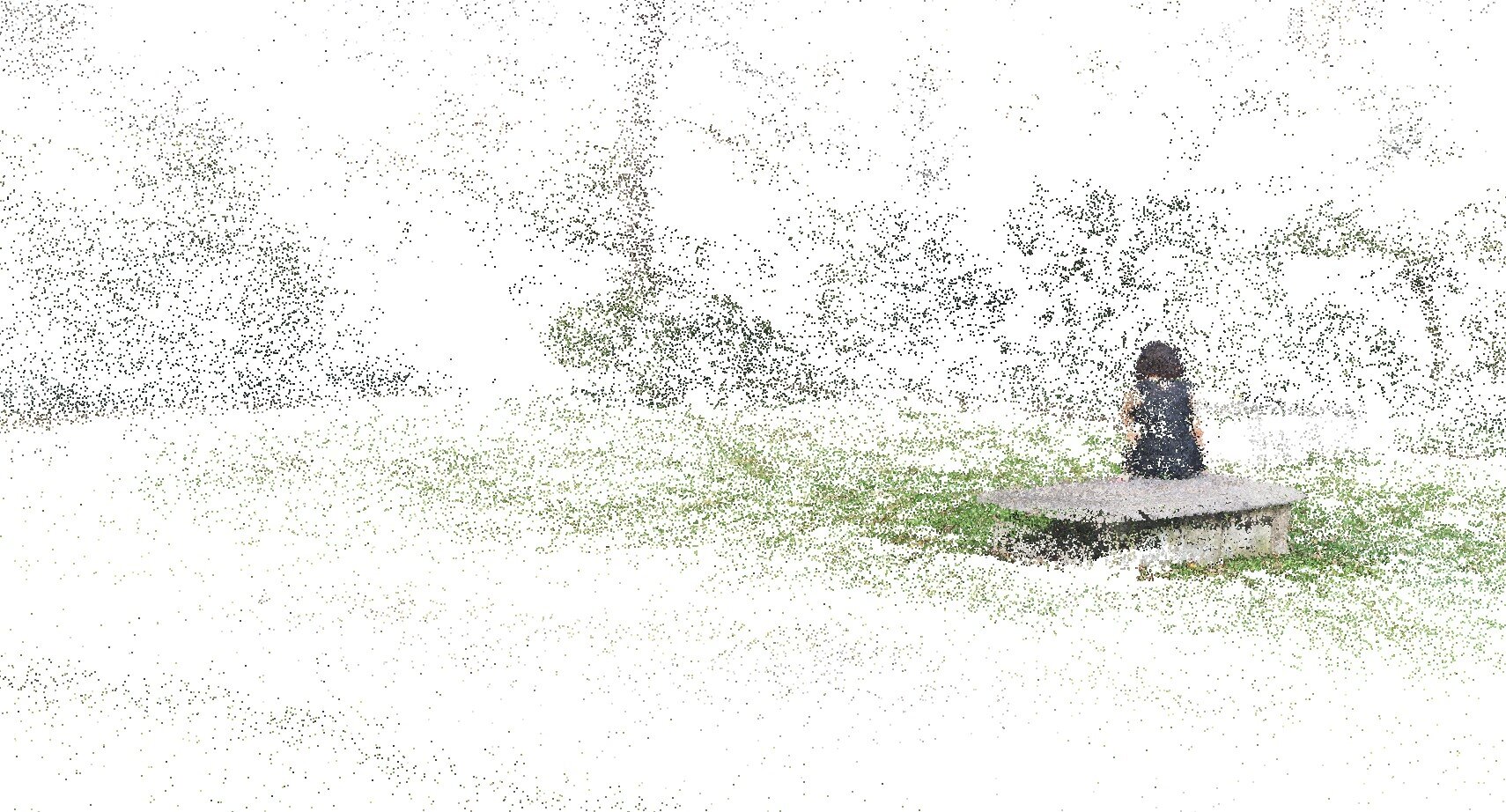
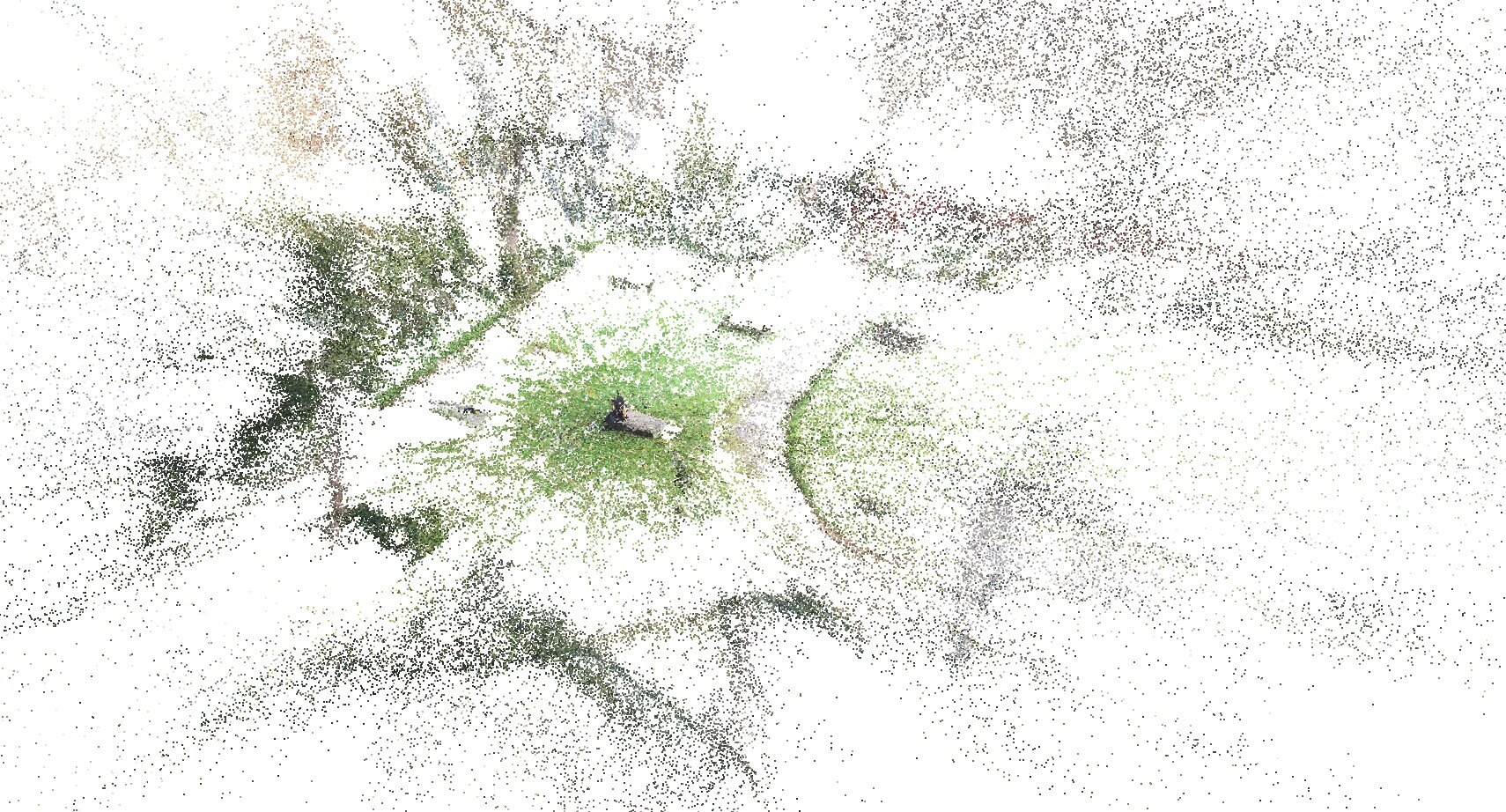
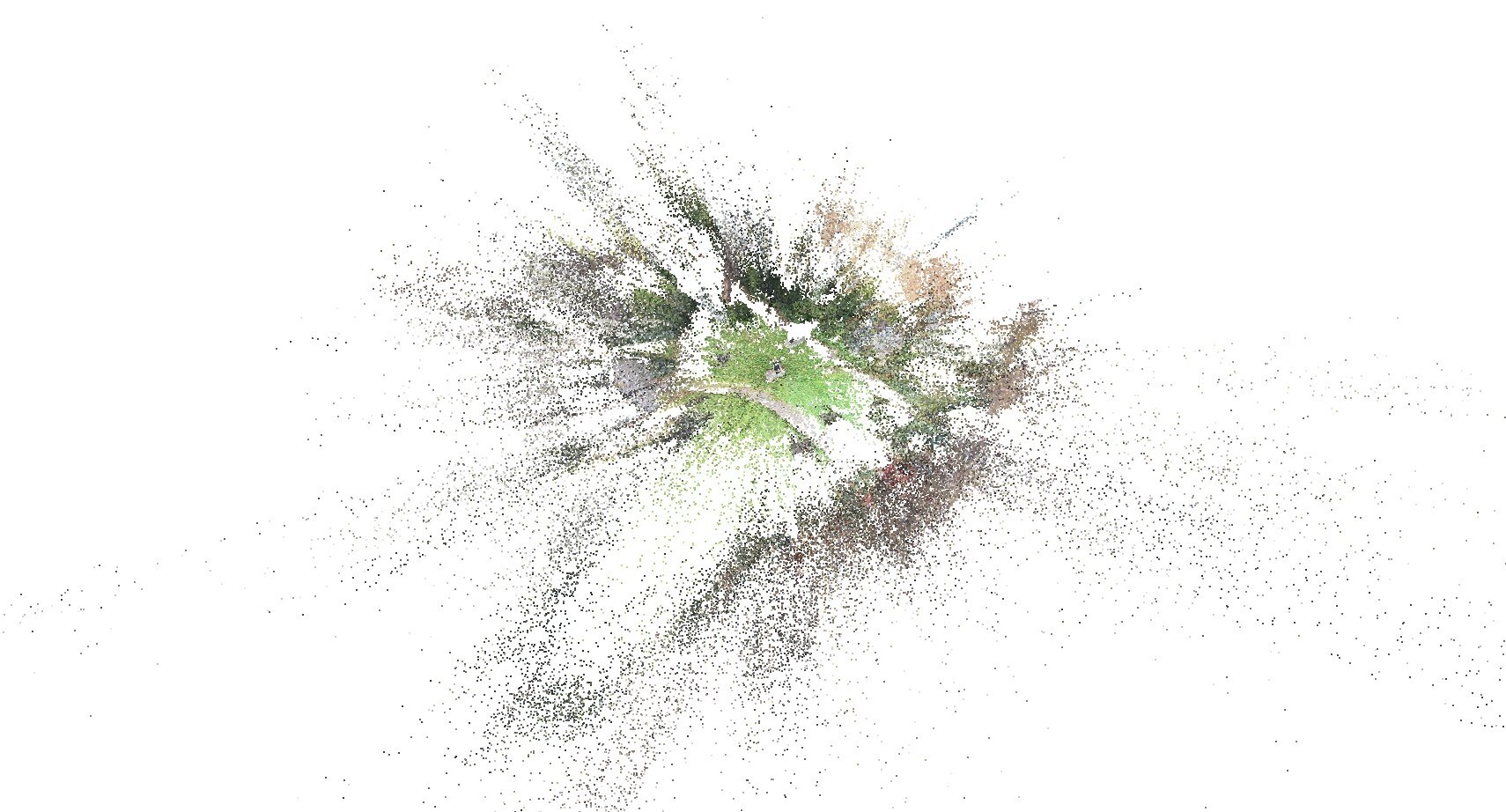
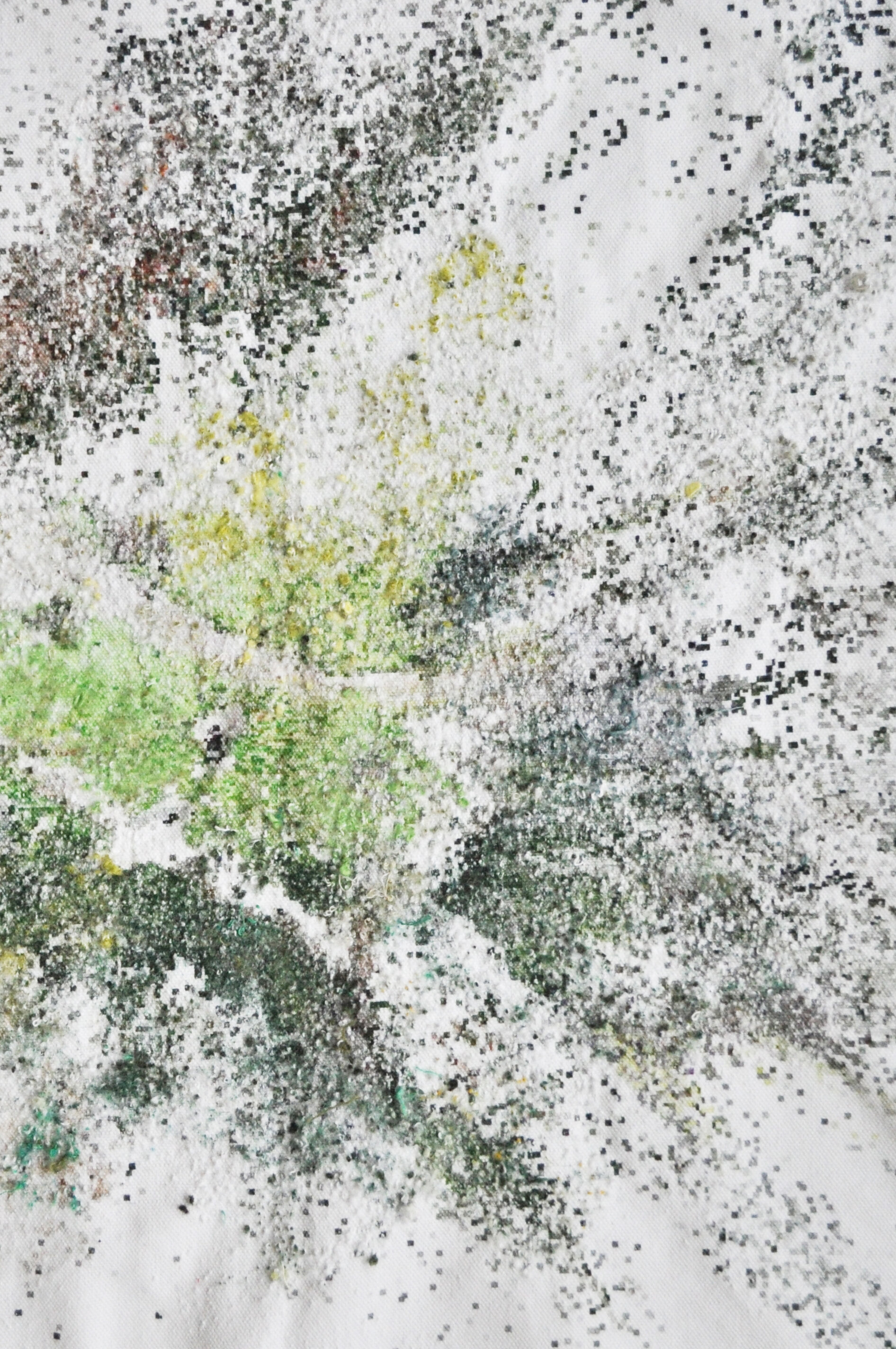
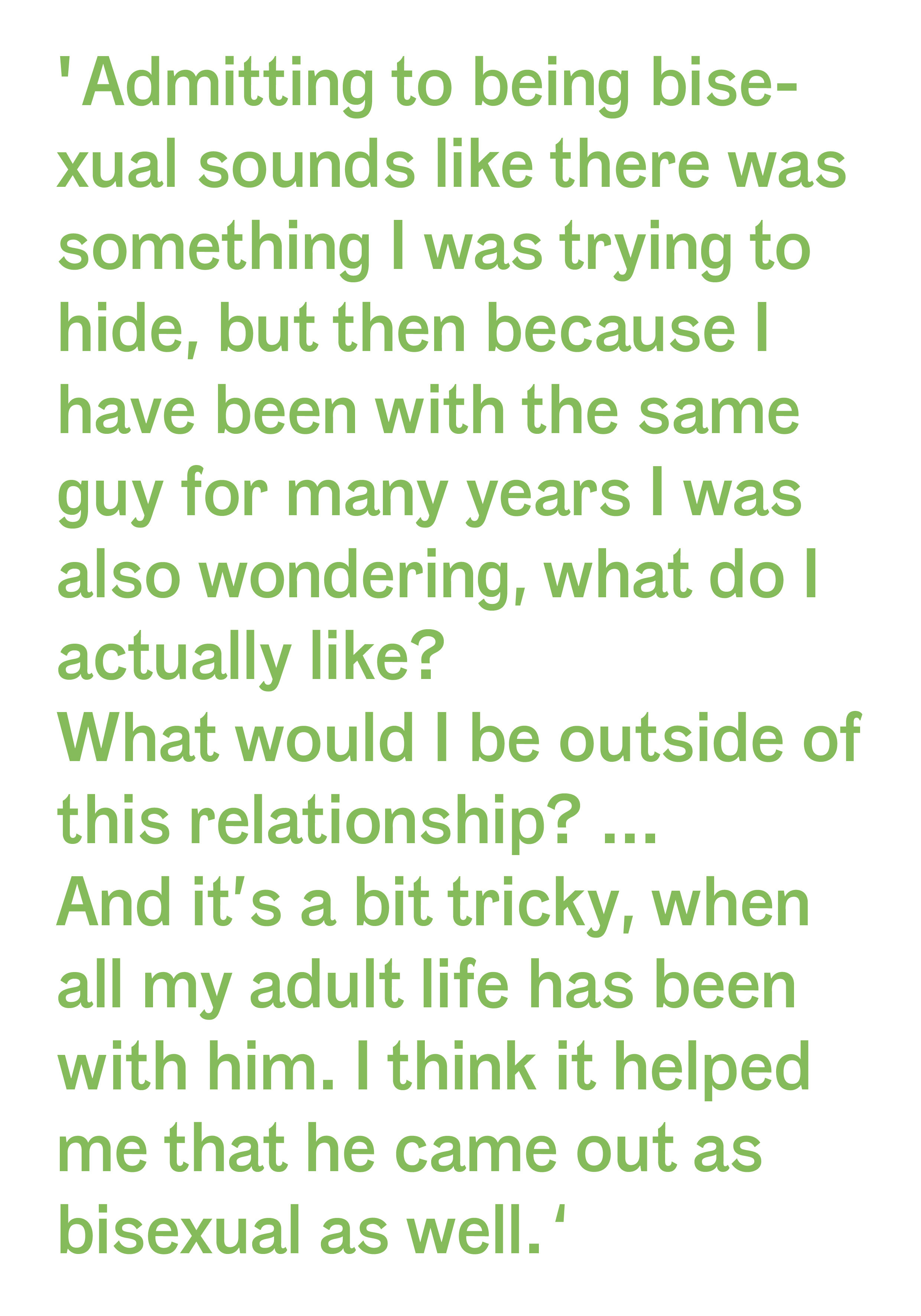
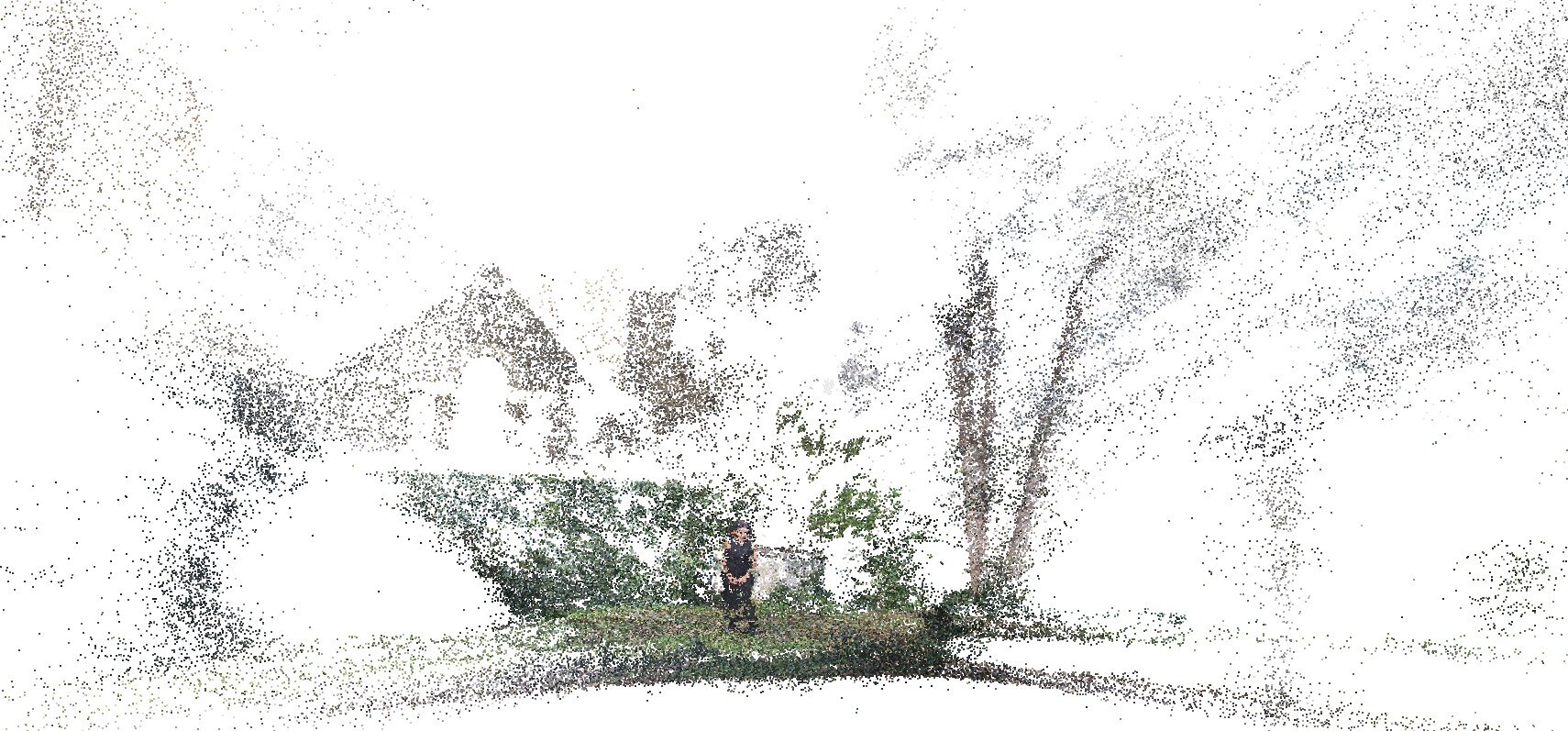
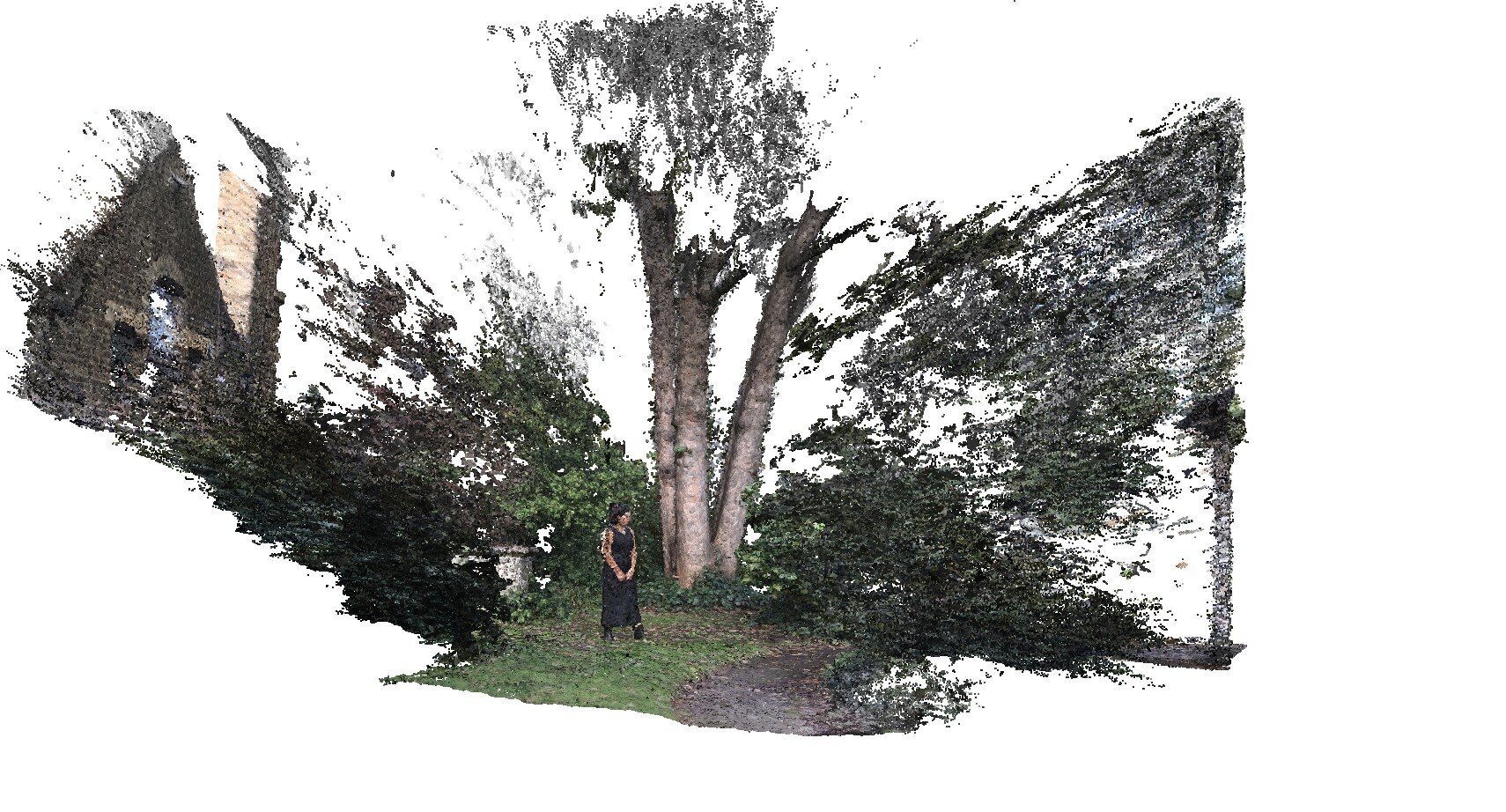
The research finds that self-care is largely experienced as contributing towards personal wellbeing. Clothing proves tensional between exploration, expression and belonging and is both used to express and hide sexual orientation. Community is found to be a dilemma; small groups are seen as supportive, whereas the larger LGBTQIA+ community is at times still experienced as stigmatising. Greater efforts are needed to increase wider acceptance and understanding of bisexuality, with an aim to end bisexual erasure and identity denial.
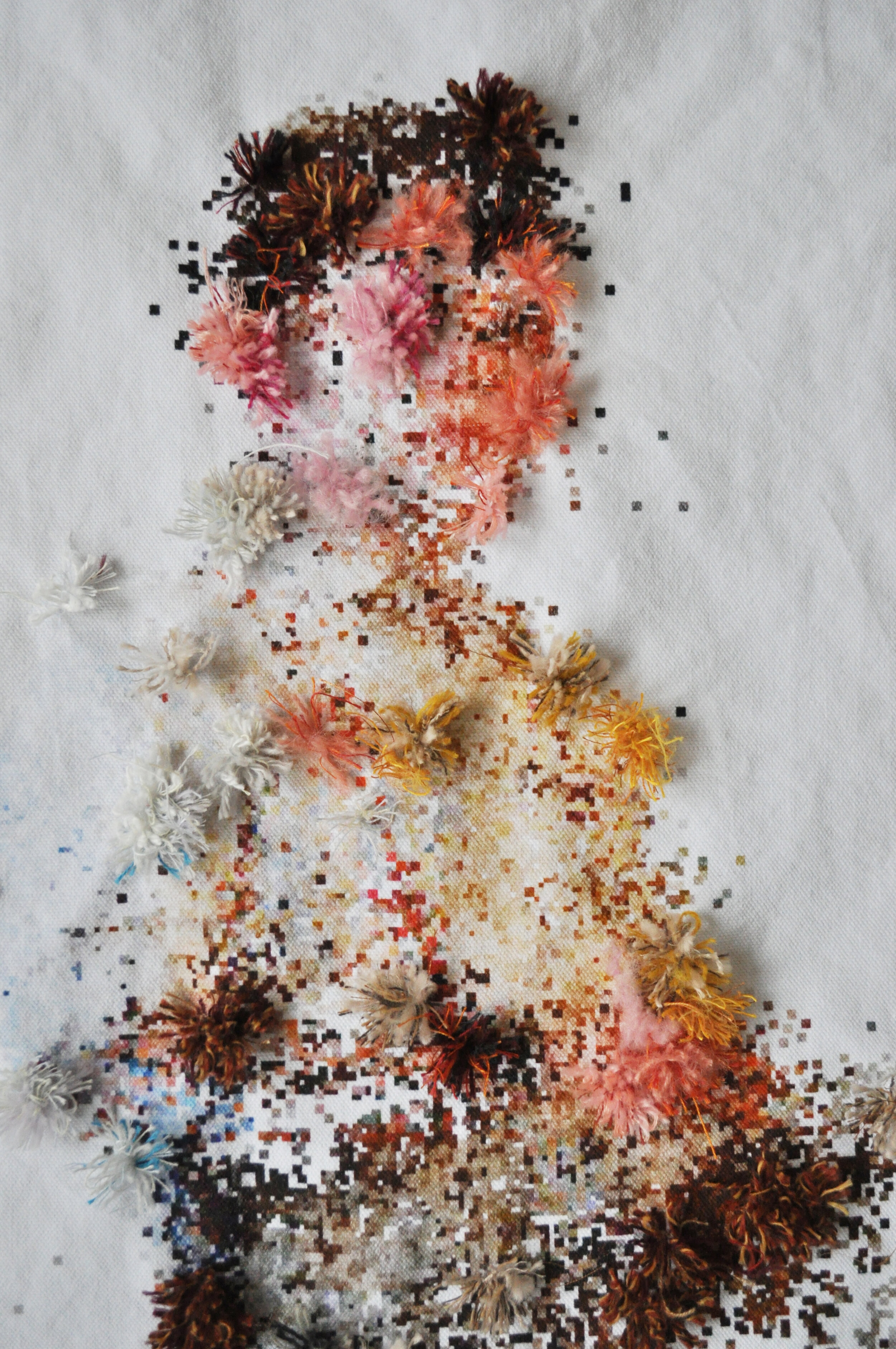

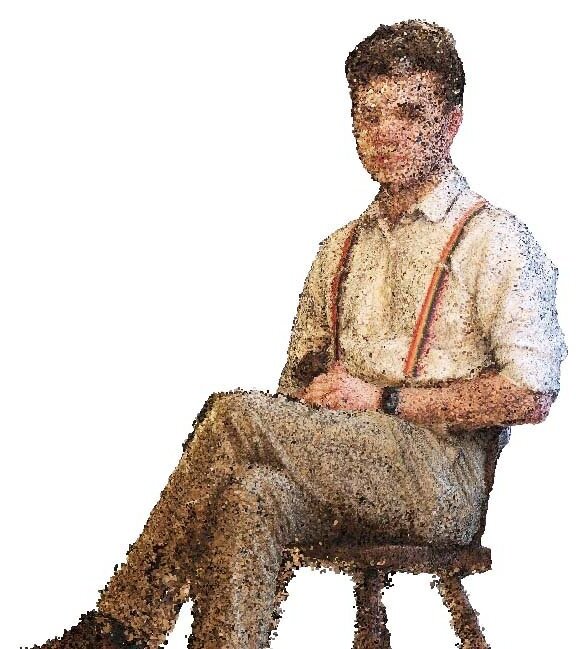

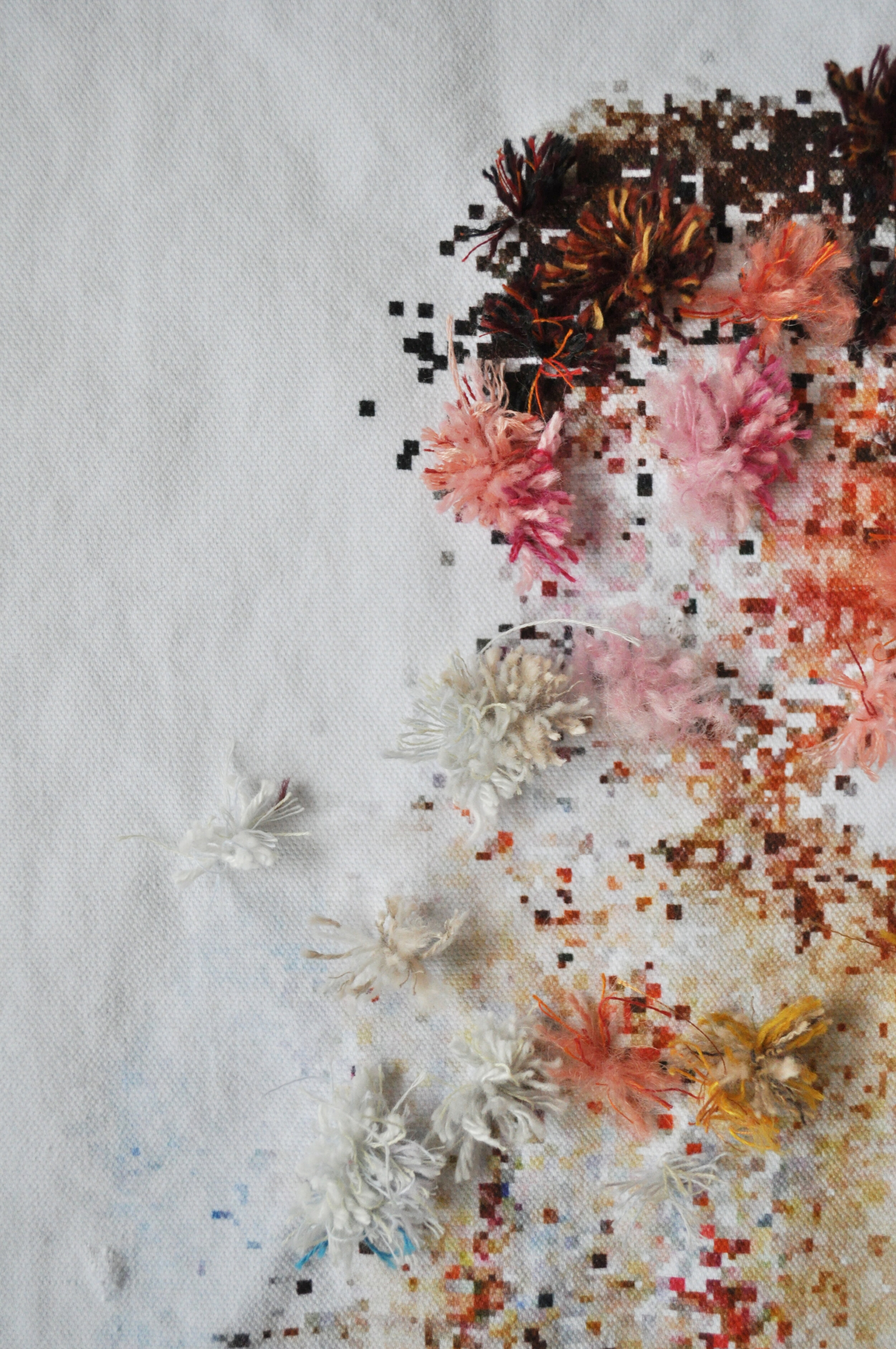
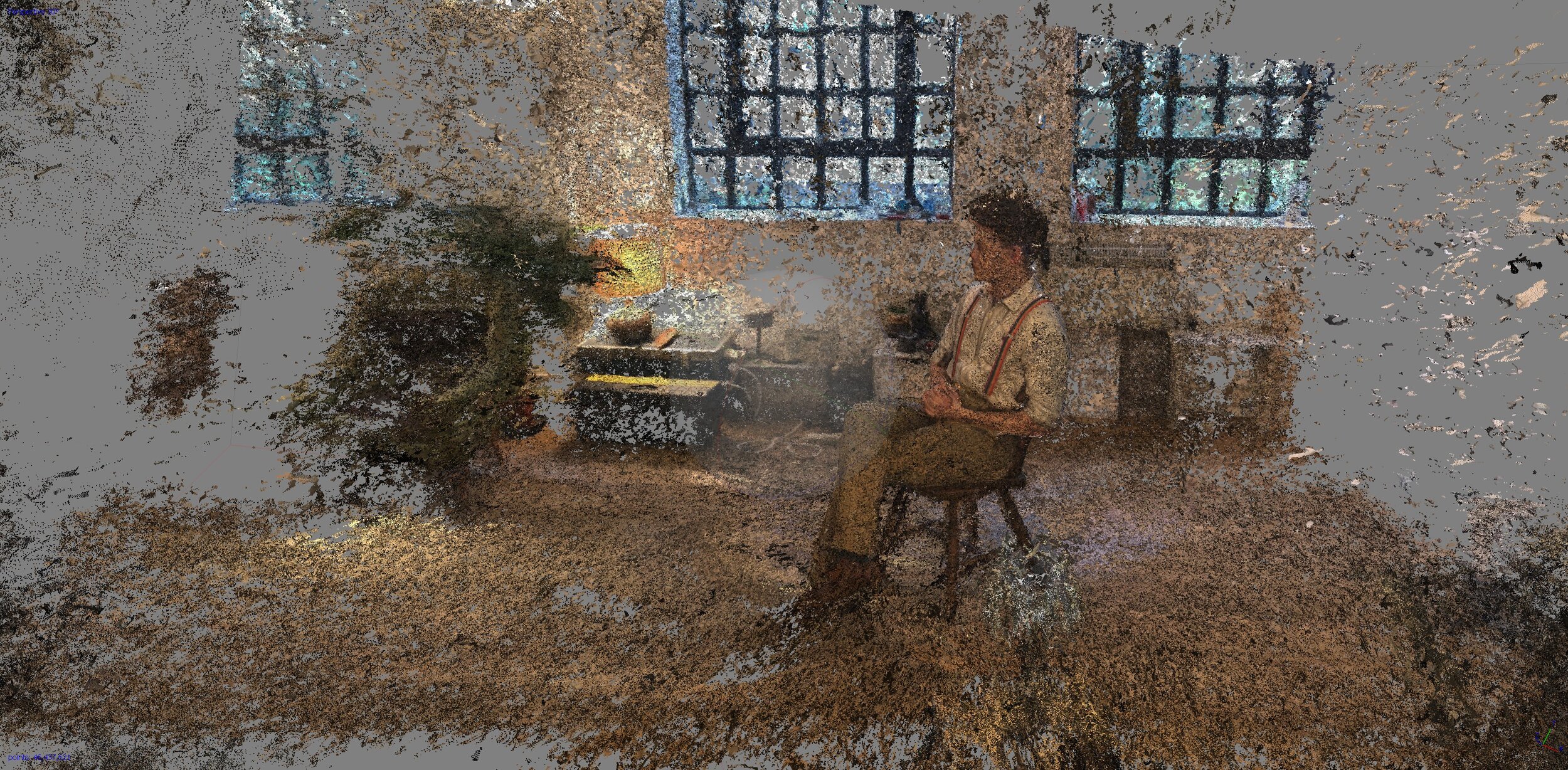
The creative practice responds to the interviews by rendering the participants’ faces, bodies and environments and creating digital portraits. Some of the resulting visuals are translated into textile pieces with ‘completeness’ interpreted through embroidery processes.
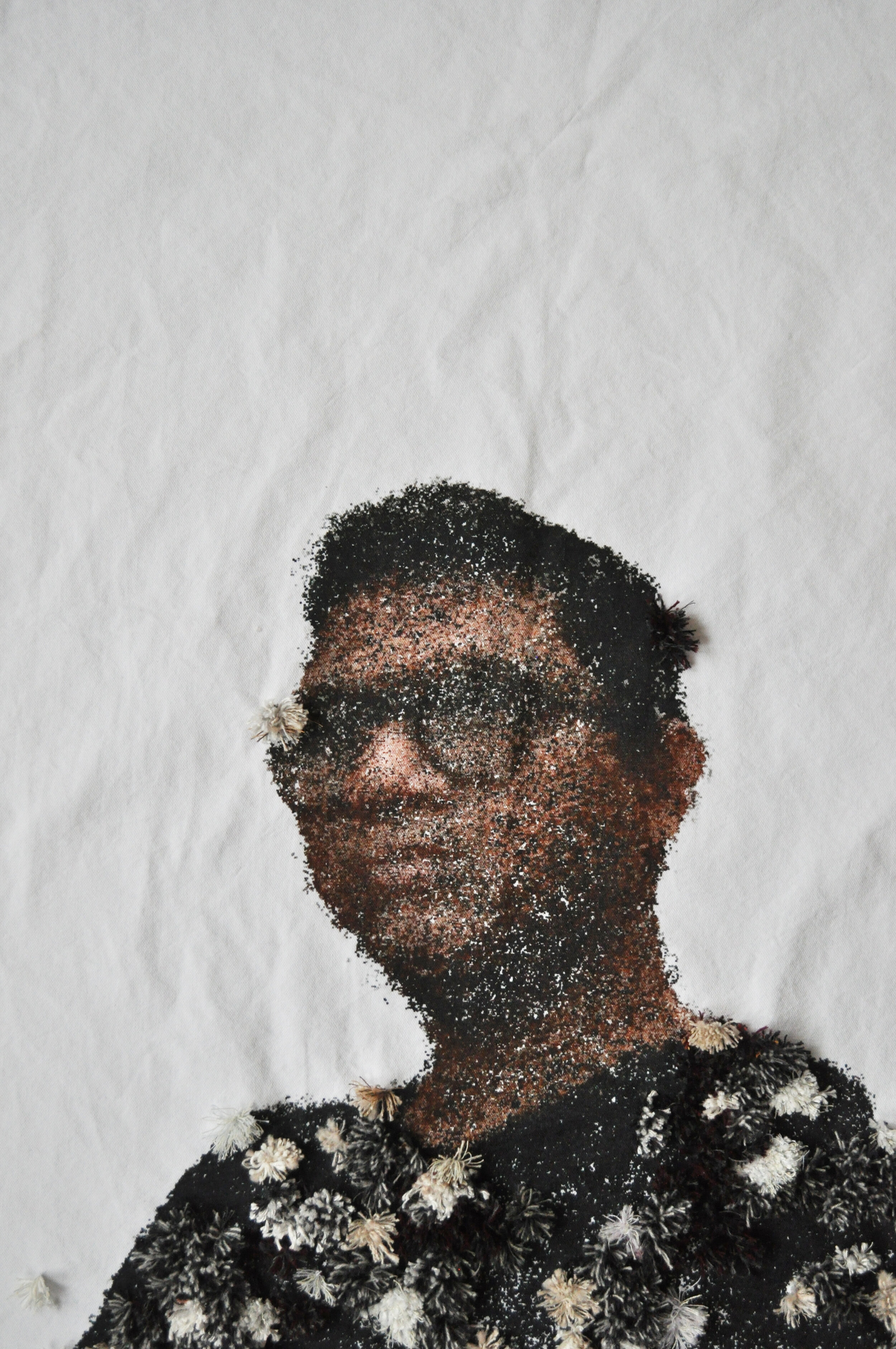

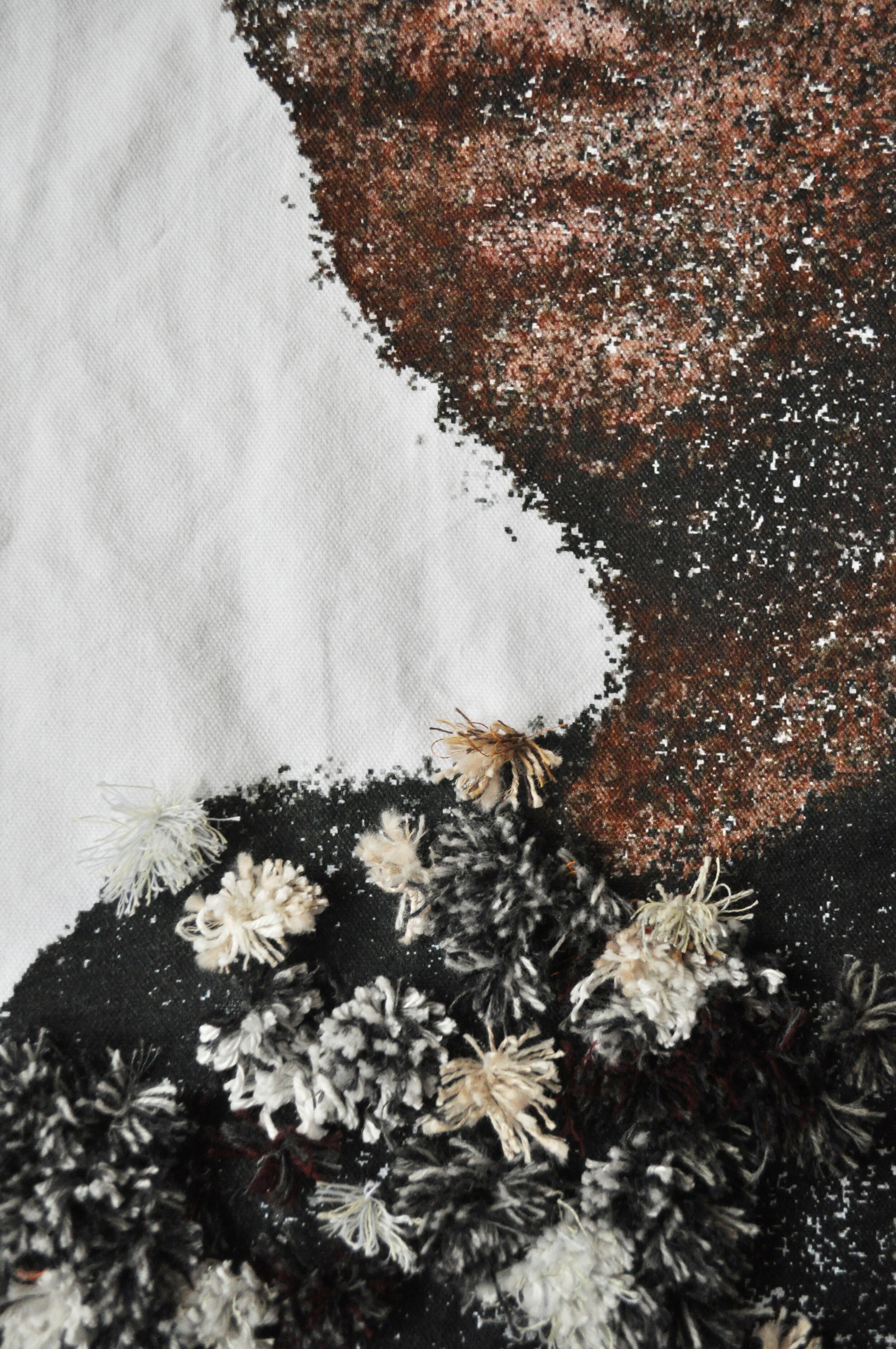
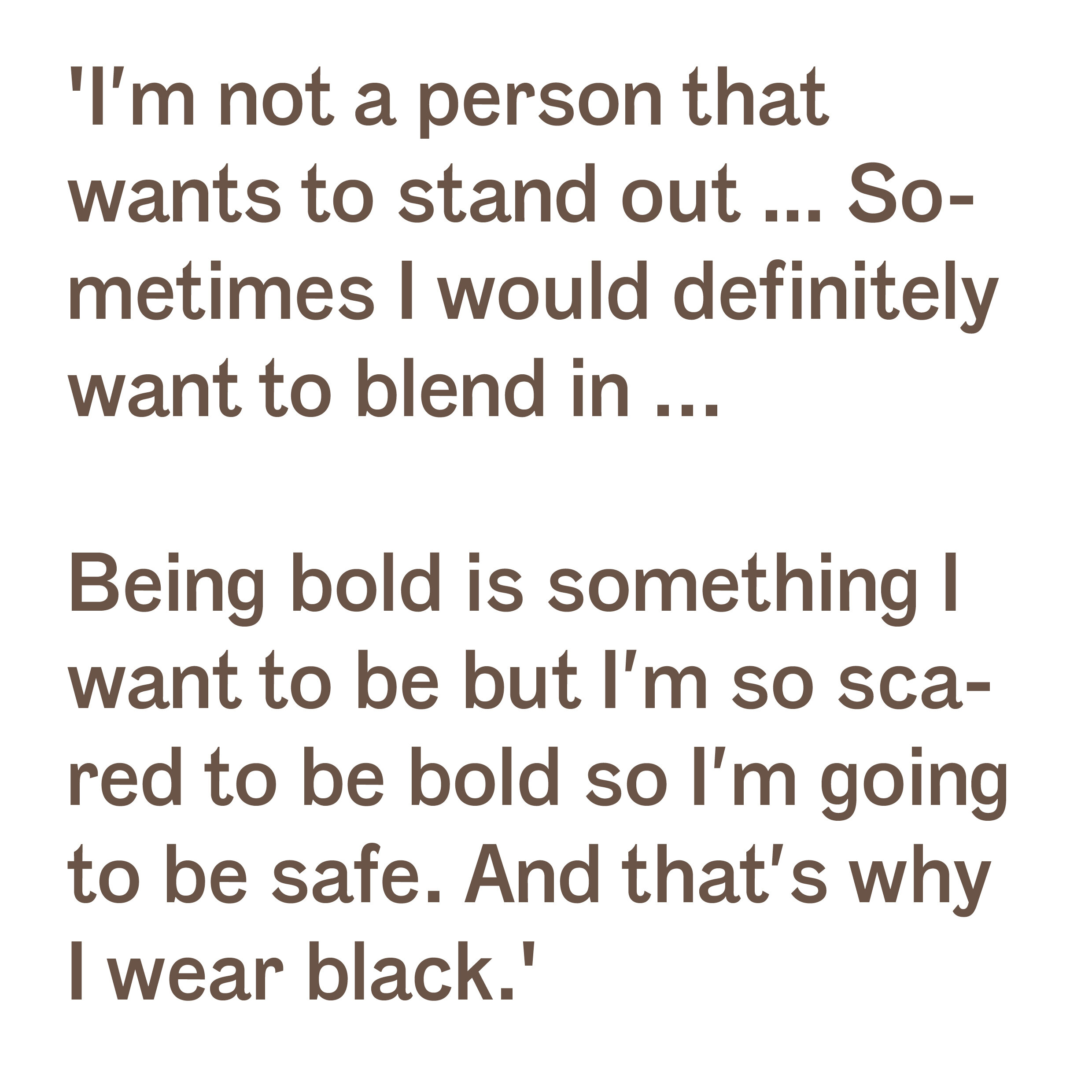
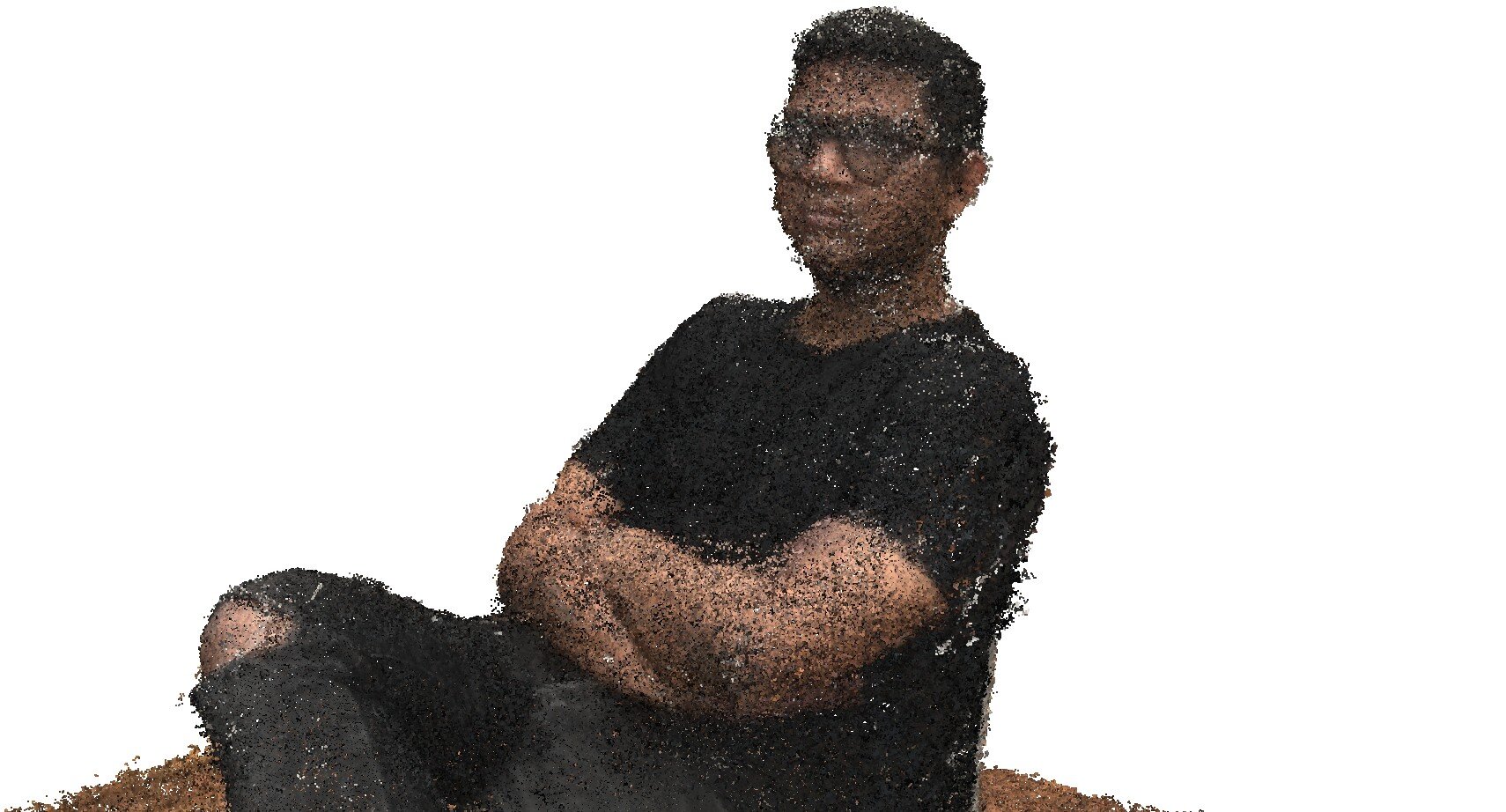
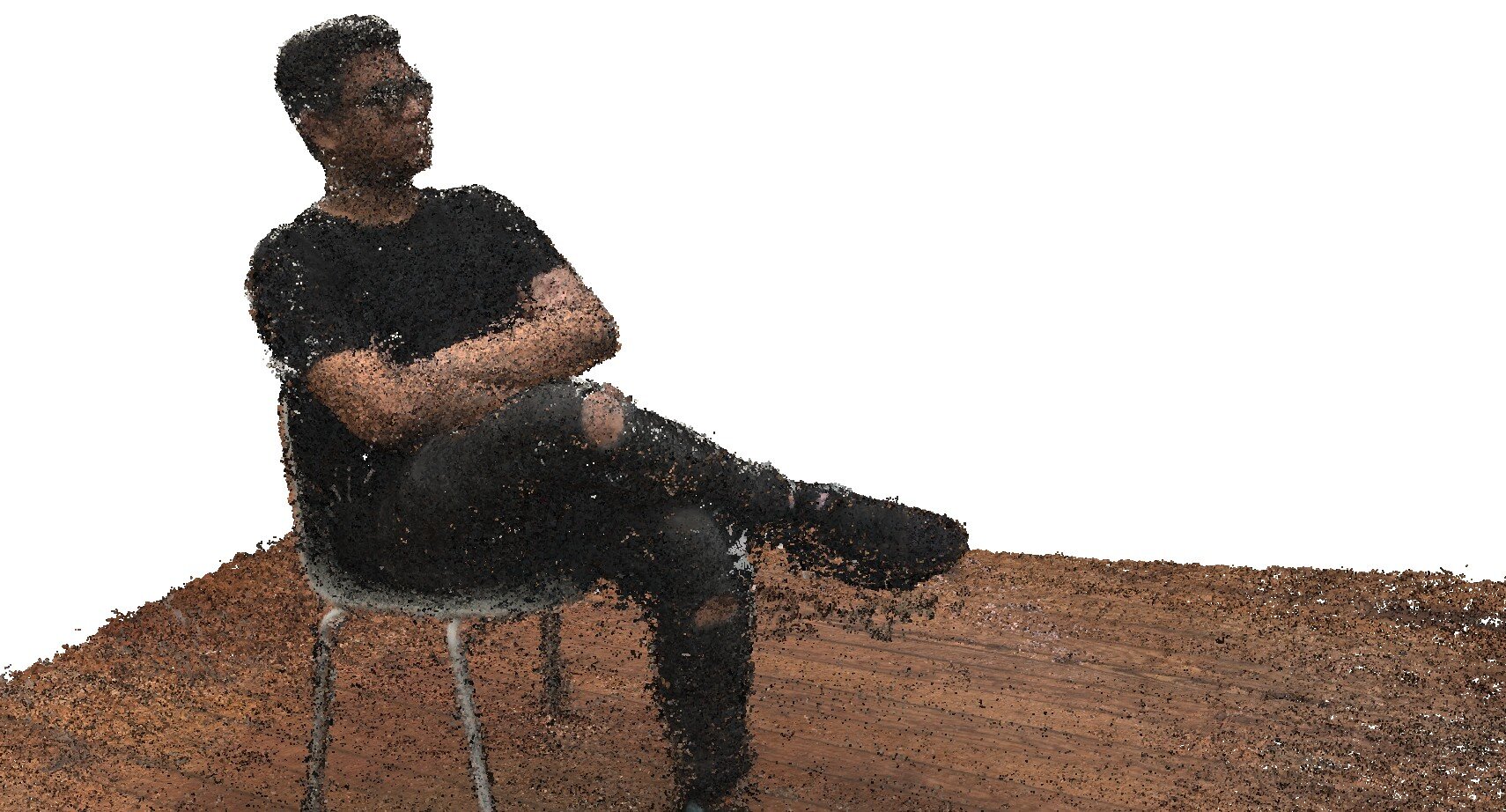
Key words: identity; self-expression; clothing; community; lgbtq; care